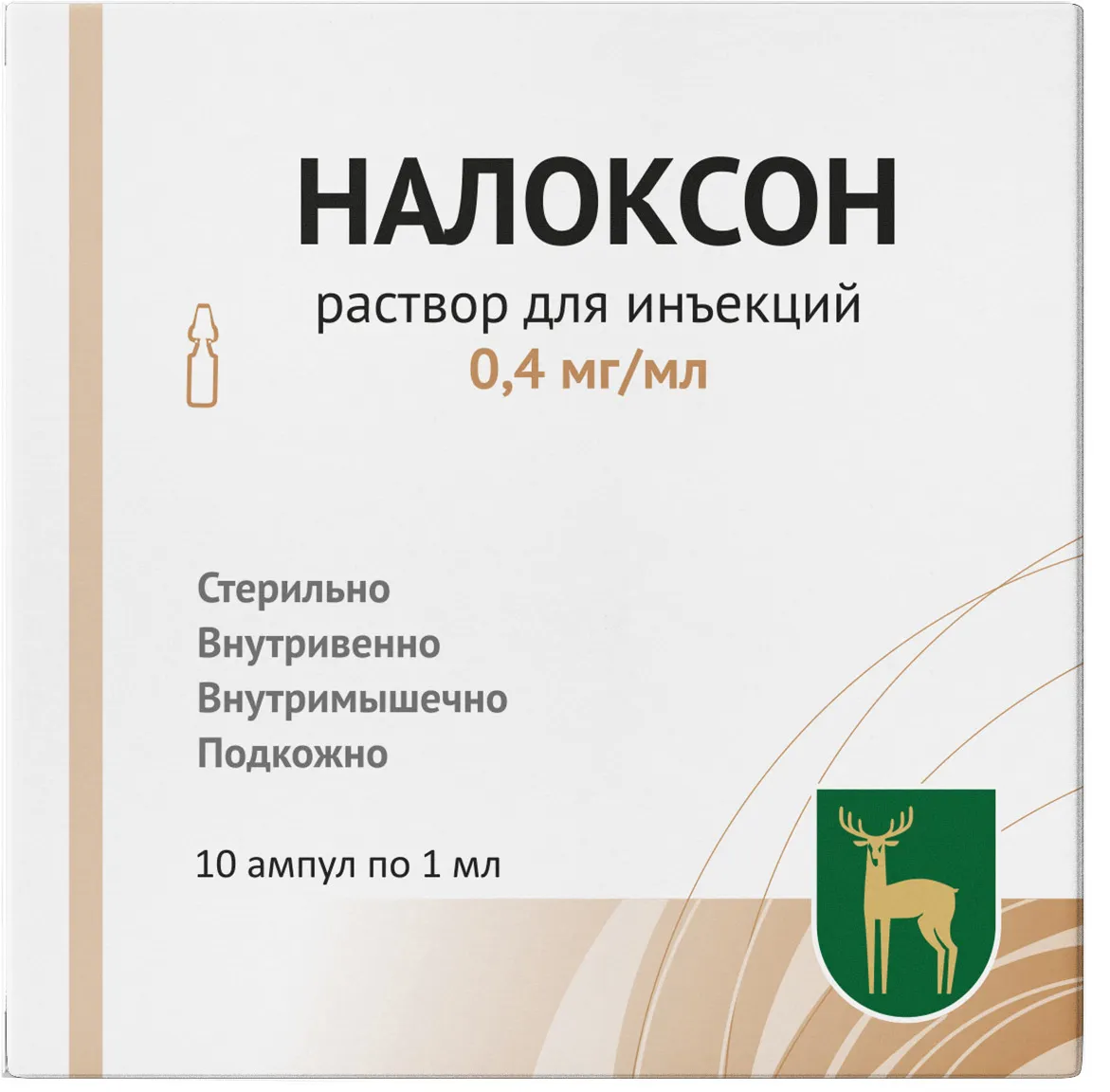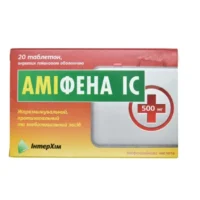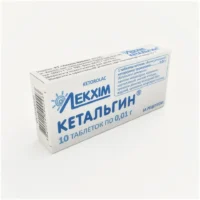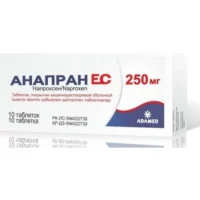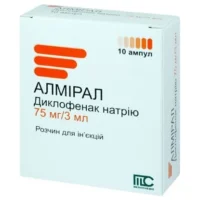Description
Naloxon Solution for Injections Ampoules 0.04% 1ml. №10
Ingredients:
- Naloxone hydrochloride
- Water for injections
Dosage:
Each ampoule contains 0.04% naloxone hydrochloride. The recommended dosage for adults is 0.4mg to 2mg injected intramuscularly or intravenously. Dosage may vary based on individual response and the severity of opioid overdose.
Indications:
Naloxone is indicated for the emergency treatment of known or suspected opioid overdose. It works by competitively inhibiting opioids from binding to their receptors, reversing the effects of opioids on the central nervous system.
Contraindications:
Do not use in patients with a known hypersensitivity to naloxone. Use with caution in patients with cardiac disease as naloxone can cause tachycardia and arrhythmias.
Directions:
Administer intramuscularly or intravenously in a clinical setting. Monitor the patient closely for signs of opioid withdrawal, as naloxone can precipitate withdrawal symptoms in opioid-dependent individuals.
Scientific Evidence:
Naloxone is a well-established medication for the reversal of opioid overdose. Studies have shown that prompt administration of naloxone can significantly reduce mortality associated with opioid overdose. Research published in the New England Journal of Medicine has demonstrated the efficacy and safety of naloxone in reversing respiratory depression caused by opioids.
Additional Information:
It is crucial to educate patients, caregivers, and healthcare providers on the proper use of naloxone in emergency situations. Naloxone should be readily available in settings where opioid overdose is likely to occur, such as emergency rooms, addiction treatment centers, and community outreach programs.
- Ongoing research is exploring the expansion of naloxone access to laypersons and the general public to combat the rising rates of opioid-related deaths.
- Naloxone is a critical tool in addressing the opioid crisis.

